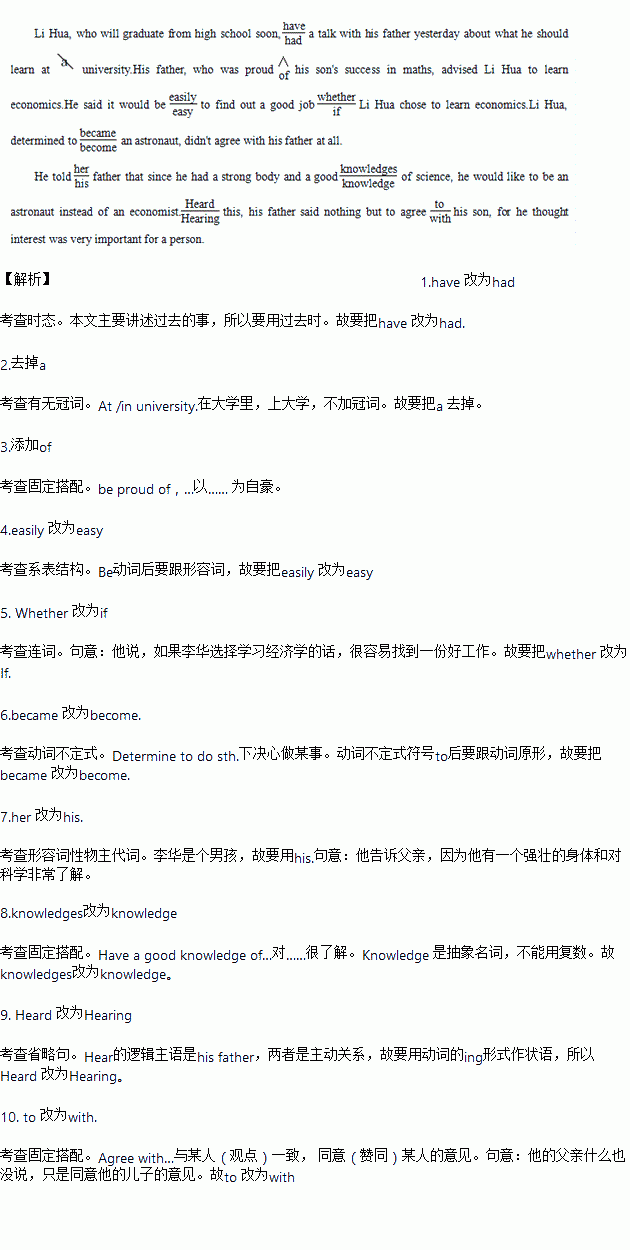Quite a few years ago, as I celebrated my 25th birthday with a party, I was surprised to receive an unusual present. The gift-giver smiled widely and said loudly, “It’s a nice, strong plant, so even you can’t kill it.”
I was well known in my circle of friends as an “anti-gardener” — how was I going to care for this piece of greenery?
For four years the plant received little care. I felt guilty (内疚的) just looking at it!
As a non-gardener, my offers to look after friends’ houses were met with laughter: “We appreciate (感激) the offer but, really, we don’t want to come home to a dead garden!” It didn’t occur to (想到) them that I just had no interest in having a garden. It was a choice, not a failing.
Some time later my husband accepted a job in Belgium. Because I couldn’t throw away a gift, I decided to ask my neighbor to care for my plant.
Our lovely house in Belgium had a beautiful garden. Slowly gardening became a part of my daily life, teaching me to slow down and to be happy in the silence of the garden. It was with regret that I left that garden to return to Sydney some months later.
Back home life soon went back to normal. Then one day, it occurred to me that I could start my own little garden. So, I went to collect my unwanted plant from my neighbor. I took the plant home, watered it and watched as its leaves turned from a lifeless yellow to a rich green within weeks. Many years on, I still don’t know the name of my first plant, but I do know that as it grows, so do I. It symbolises a change in me when I stopped listening to the voices around me and started to believe in myself.
1.When the author received a plant as a birthday gift, she felt _____.
A. funny B. guilty C. excited D. displeased
2.What did the author’s friends think of her?
A. Her anti-gardening was a weakness.
B. She was bored with gardening.
C. She was a good housekeeper.
D. Her dead garden was ugly.
3.How did the author deal with the plant before moving away?
A. She threw it away.
B. She asked for help.
C. She left it in the house.
D. She gave it to a neighbor as a gift.
4.The author’s stay in Belgium made her _____.
A. miss her days back in Sydney
B. feel sorry for her first plant
C. fall in love with gardening
D. become strangely silent
5.What does the author want to tell us from her experience?
A. We should try to be perfect.
B. Don’t be afraid of making mistakes.
C. We should learn to make clear choices.
D. Don’t refuse something you’ve never tried.
 阅读快车系列答案
阅读快车系列答案
